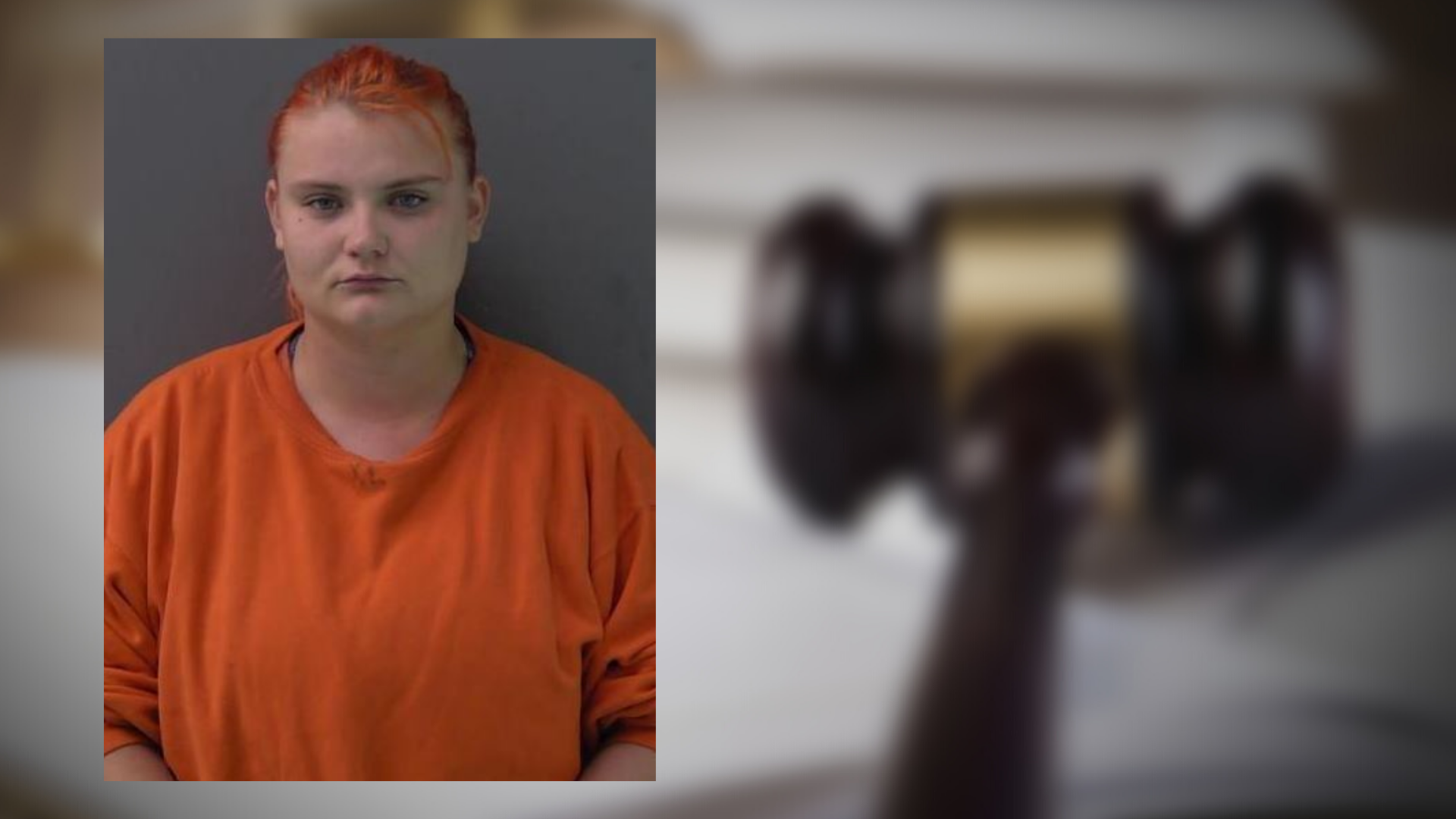WACO, Texas — According to a criminal complaint, Cecily Aguilar told investigators she helped Spc. Aaron Robinson dismember and bury Spc. Vanessa Guillen's remains in a rural area near the Leon River in Bell County.
That might sound like a straightforward case at first, but it is nowhere near trial. In fact, the most recent hearing has been moved three times since April. That hearing could result in some of Aguilar's confession being thrown out.
According to Federal Law Enforcement Training Centers, when law enforcement officers interrogate a suspect they have in custody, they must issue the Miranda Warning and advise the suspect of their right not to incriminate themselves. Failure to do so could result in any information gained being thrown out before trial.
According to Aguilar's defense attorney, Aguilar was questioned for three hours by a Texas Ranger before she was ever mirandized. Attorney Lewis Gainor submitted the motion to suppress the confession on March 24. He argues Aguilar's Fourth Amendment rights were violated when he says she was illegally detained.
Assistant United States Attorney Mark L. Frazier provided a response last week that claims Aguilar was not technically in custody at the time of the confession.
His court response states, "From the start, the Defendant voluntarily agreed to the interview and agreed to accompany agents to the interview location. The location of the interview, the CID office at Fort Hood, was her decision. She was not handcuffed nor physically restrained. During the encounter, she was told that she was not under arrest and she affirmatively agreed to talk to the agents when specifically asked."
The response initially leaves out some important details, however. Aguilar was not allowed on Fort Hood and officers had initially been able to pull over the car she was riding in because she was violating federal law. During that traffic stop, when officers asked her to speak with them at a Fort Hood police station, they had first taken away her phone. It was not returned to her until later at the station. During the questioning Aguilar was confronted about lying to investigators.
While Frazier argues Aguilar was free to leave the whole time, former assistant prosecutor Liz Mitchell told 6 News it isn't that simple.
"In this case, one big problem that I see, they initiated a traffic stop because of this woman being in the car," Mitchell said. "She was breaking federal law because she was on the base. It's hard to turn around and say she wasn't in custody when the reason for the stop, even stated in the motion, was she was breaking federal law."
Michell said a second big problem is the confiscation of Agular's phone, which was taken from her during the stop, and the line of questioning at the police station.
"Let's look at where the interview, interrogation, whatever we call it, took place. Let's look at the fact that her phone was taken. Let's also talk about the fact that she was accused of lying several times," Mitchell said. "All of these things a going towards a reasonable person not being able to stand up and say 'I'm going home.'"
Mitchell said it is also completely possible for a non-custodial interview to turn into one based on such factors, even if the person was not technically arrested at that point.
Mitchell told 6 News federal court cases will naturally be delayed as both sides build their witness list and wait for evidence to be processed. Given the possibility that the confessions made before Aguilar's Miranda warning could be thrown out, that just compounds the problem.
"The judge is likely going to look at statements made pre and post Miranda warnings and the admissibility of both. It's very possible that statements made before the Miranda warnings are inadmissible," Mitchell said.
In this case, Mitchell said it is also possible evidence connected to those pre-Miranda statements could be thrown out as well.
"It's possible to try a murder trial without a statement," Mitchell said. "The areas this becomes really difficult is if the entire statement is deemed inadmissible because she was not mirandized and then the fruits of that statement have been tainted. So any evidence gotten because of her statements would become inadmissible."
Mitchell said even without complications, similar cases can take several years before finally getting before a jury and it's up to the judge to decide how many delays are acceptable.

